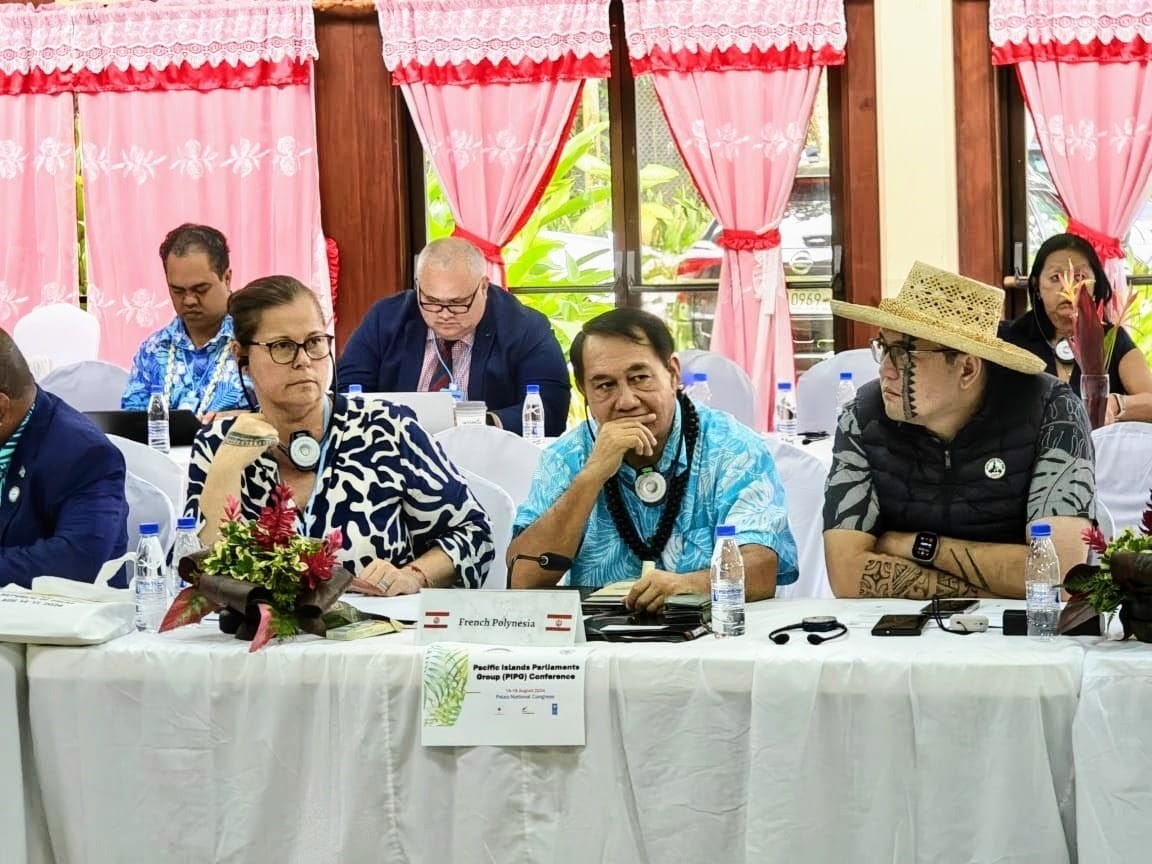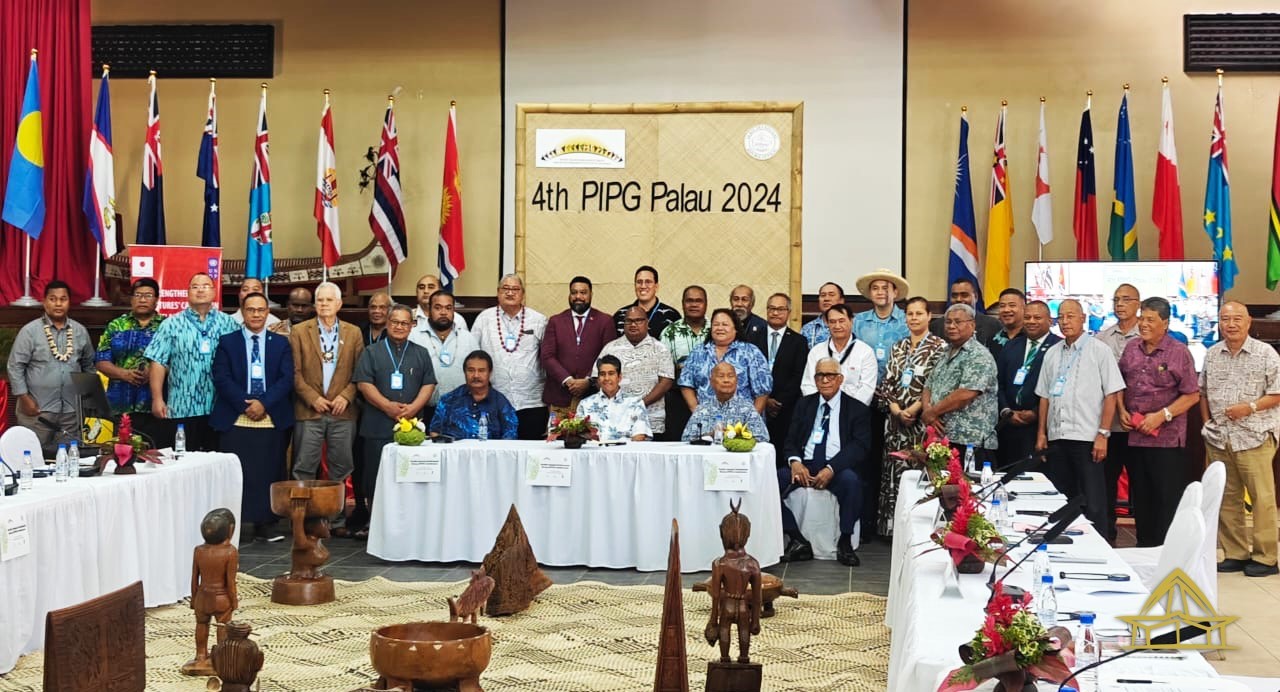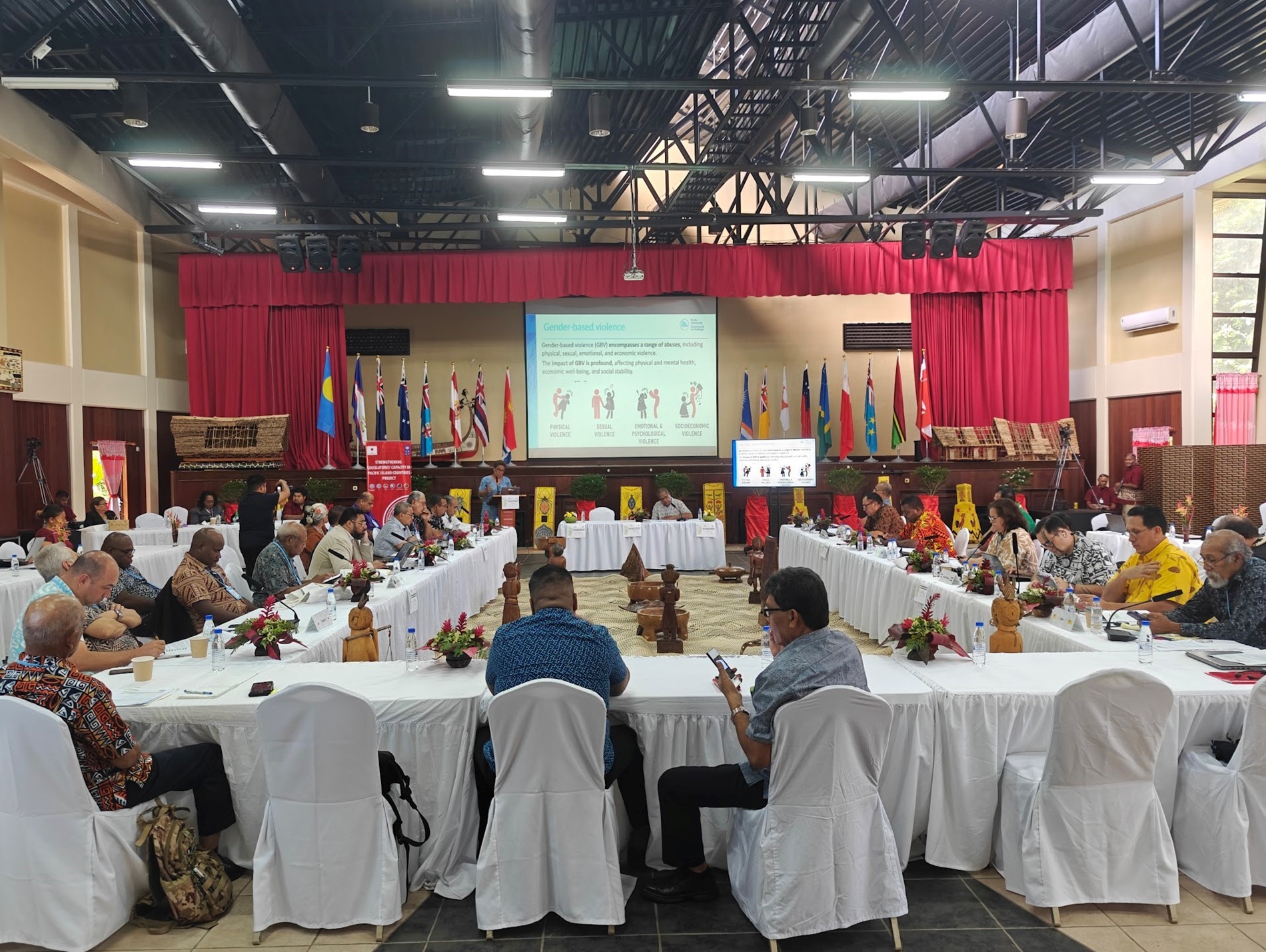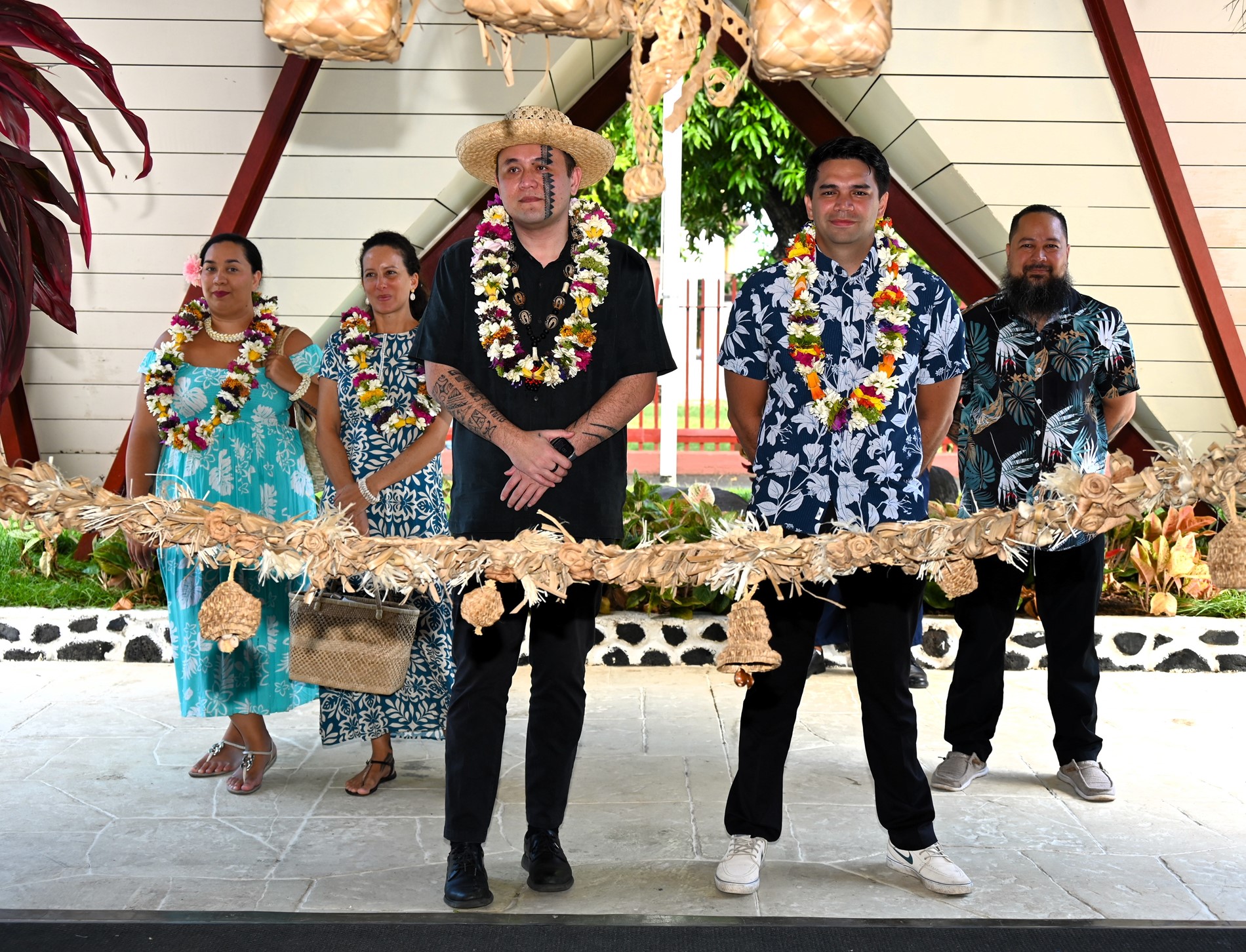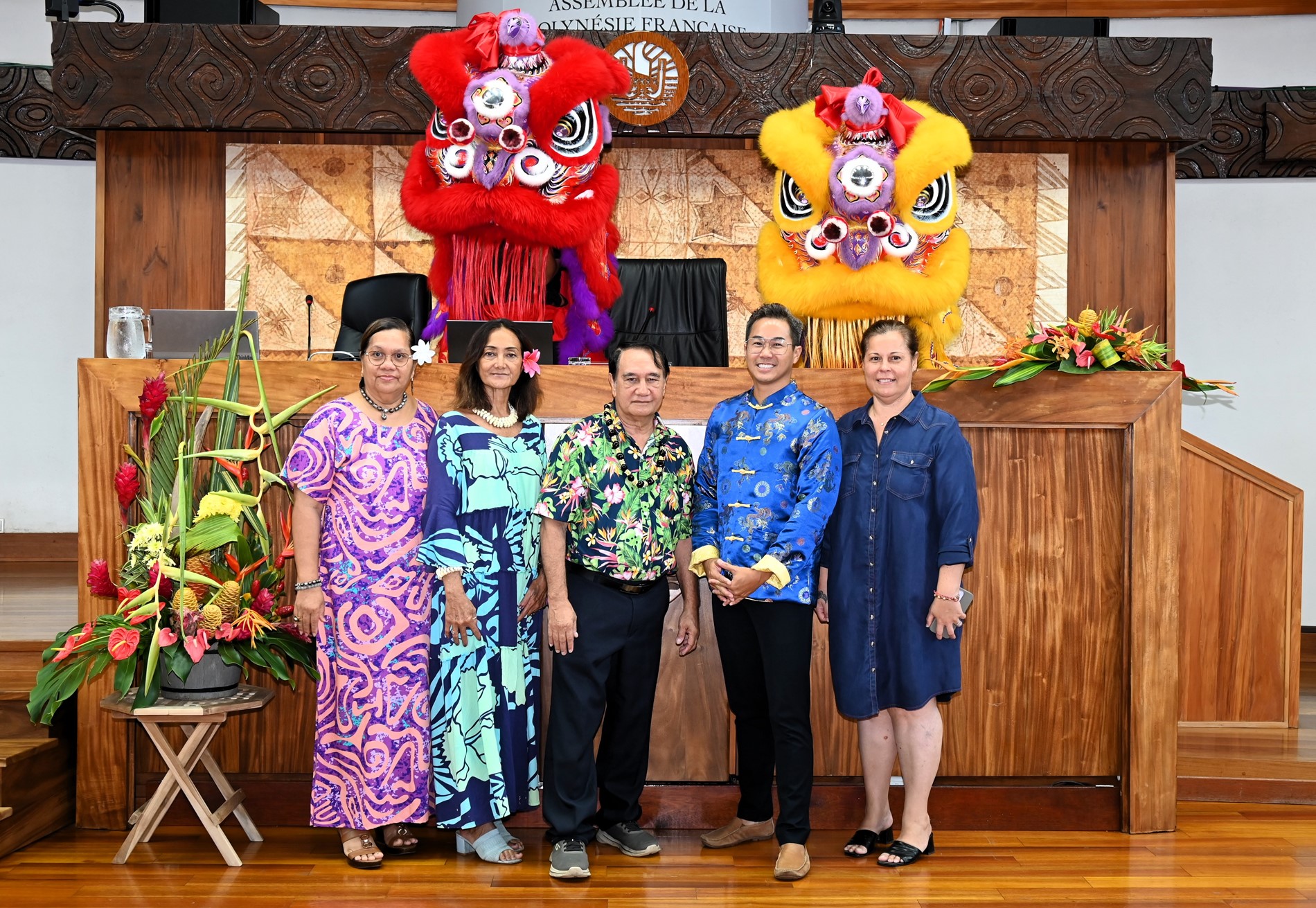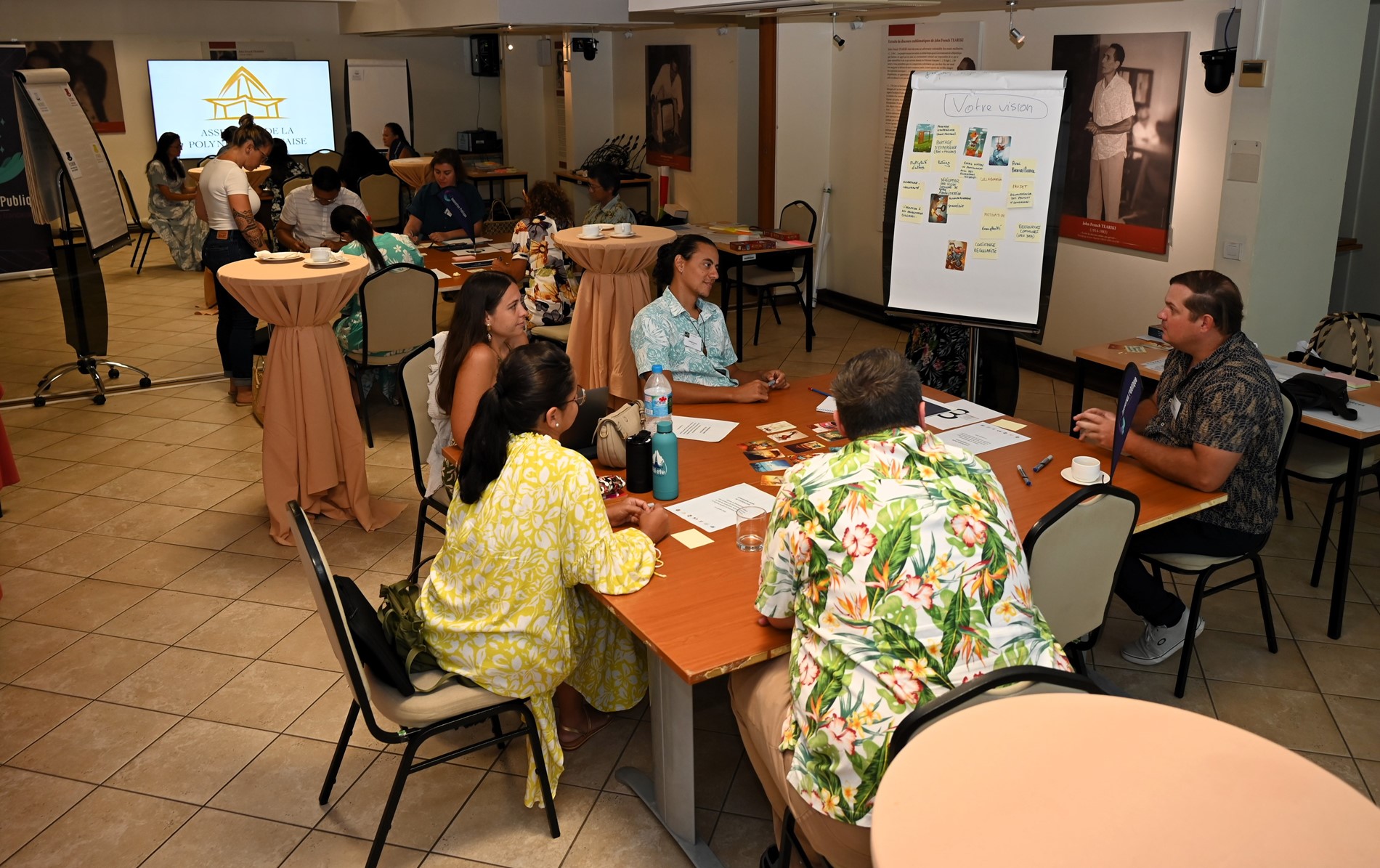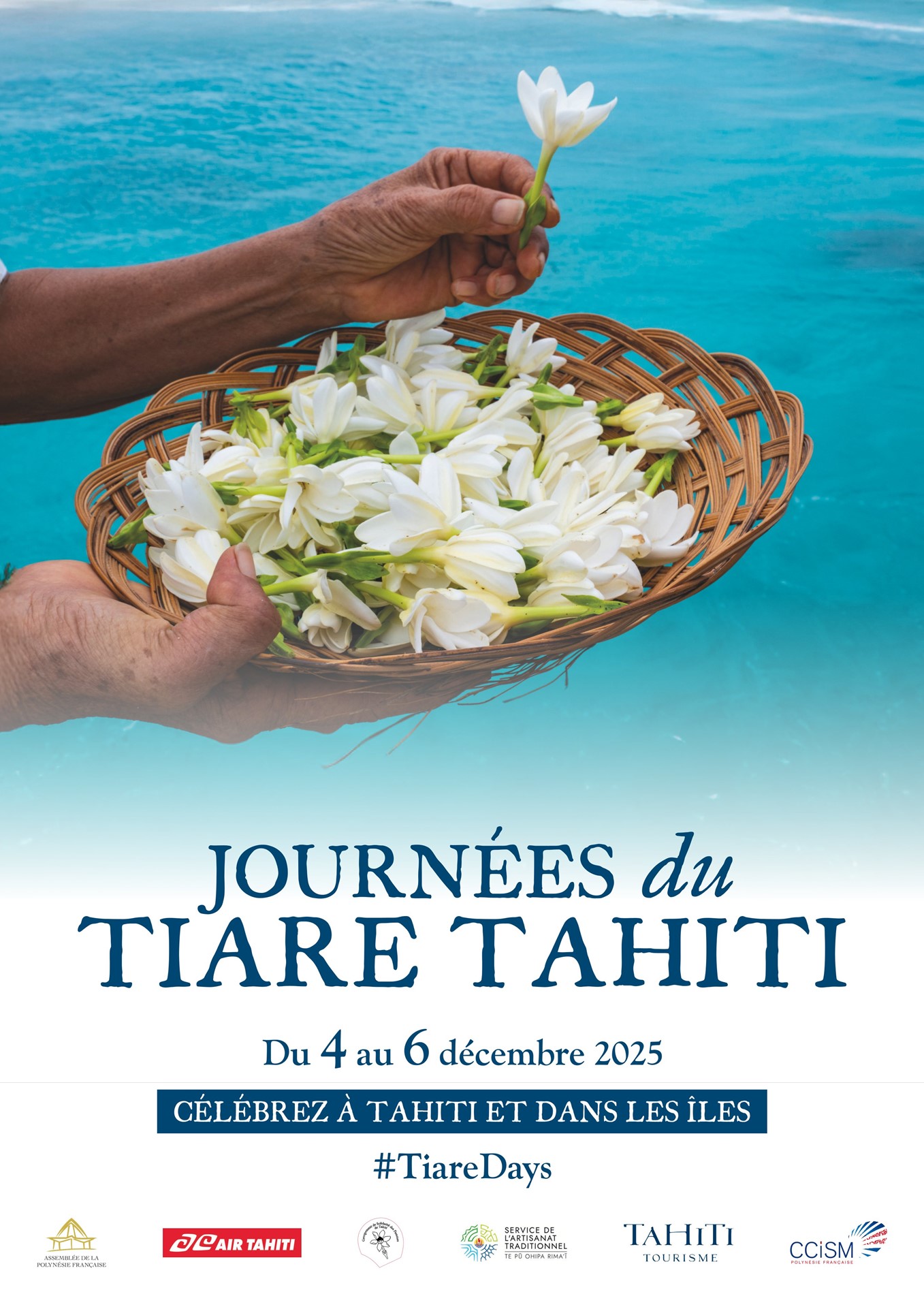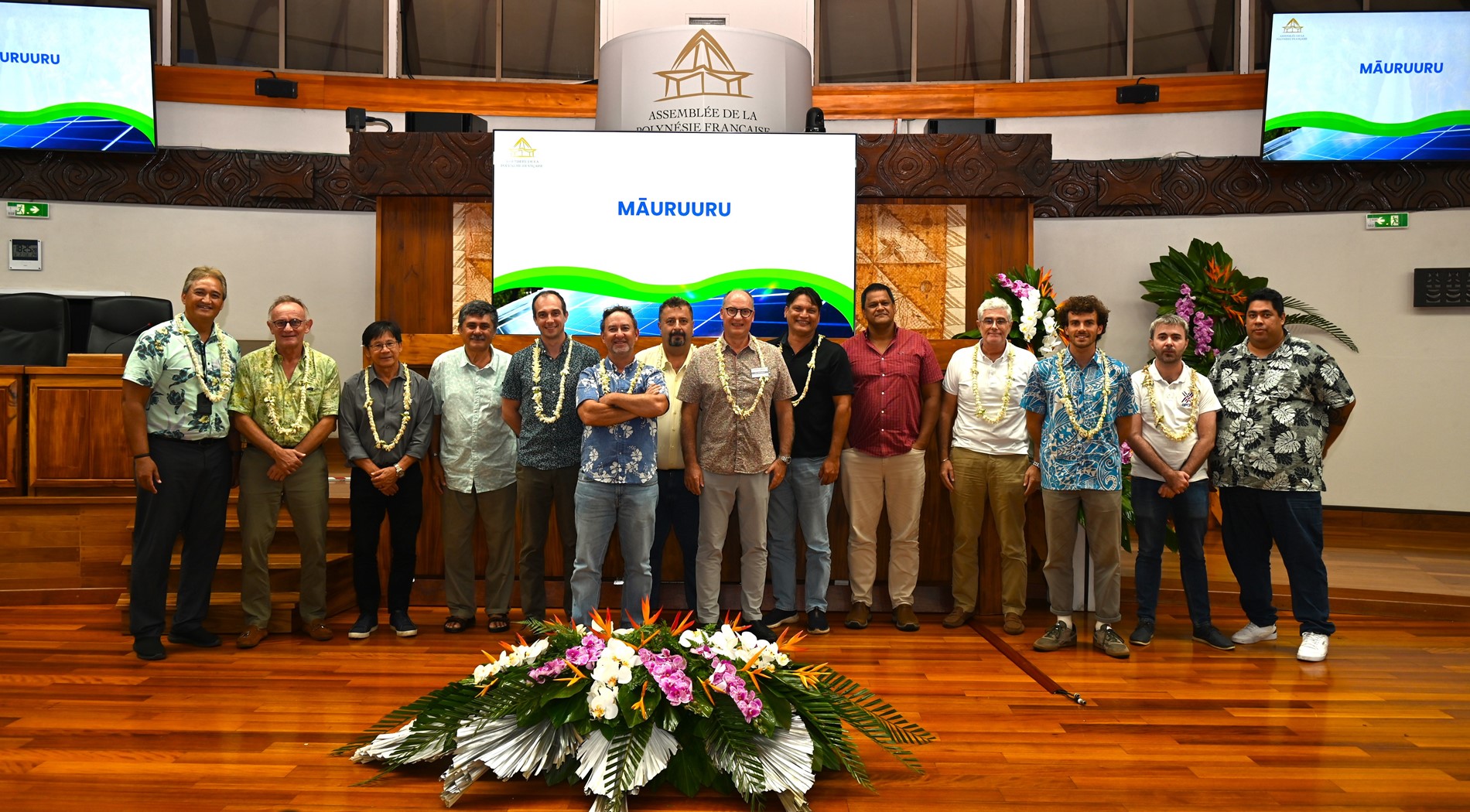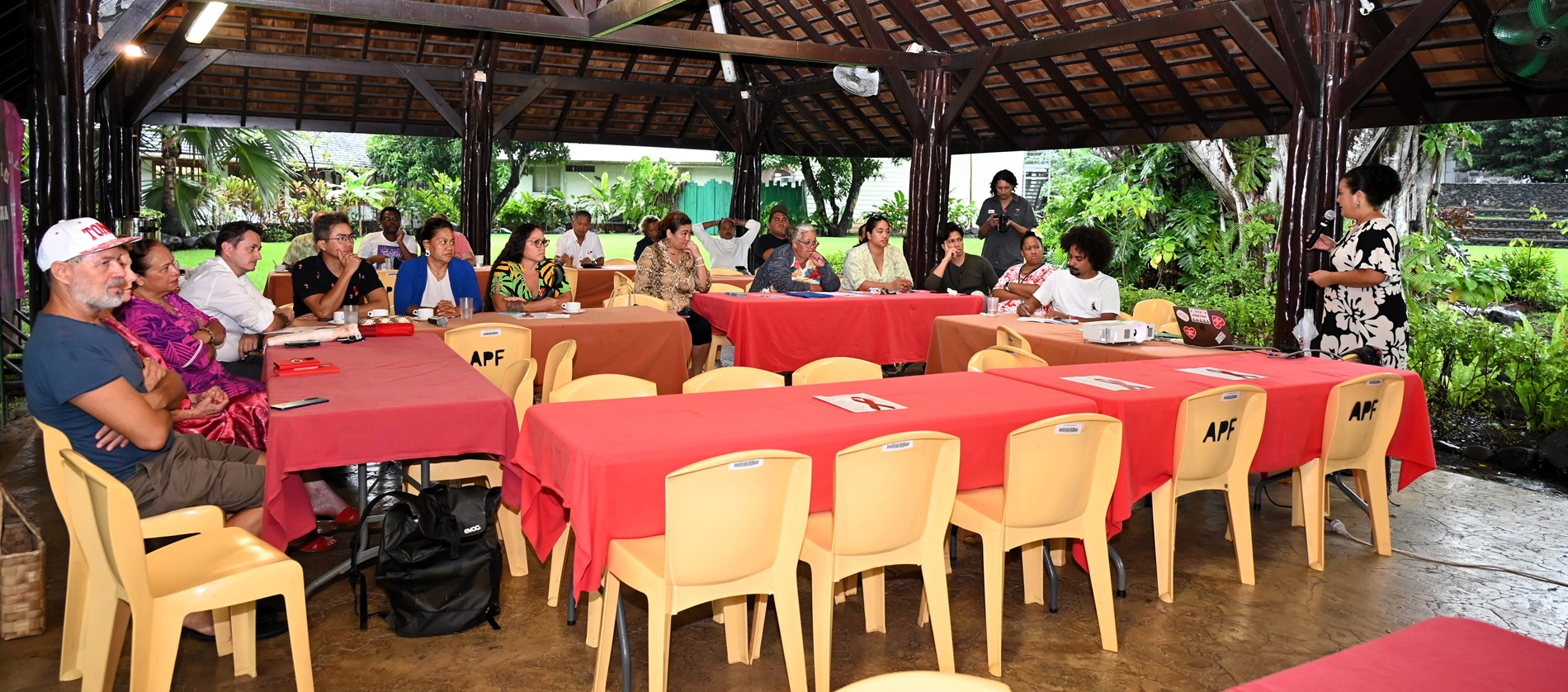Continuation of the 4th Pacific Islands Parliaments Group (PIPG) Conference
The 4th PIPG Conference continued on Thursday, August 15, 2024, in Koror, Palau. The day was dedicated to discussions on two critical issues for the Pacific region: food security and cybersecurity.
During the first session, focused on food security, parliamentarians discussed the challenges and opportunities related to food security in the region, emphasizing the internal and external pressures impacting food systems. They explored policy directions to develop stronger and more resilient food systems. Initiatives such as “The Palauan Way,” which promotes pilot projects to improve local food production and nutrition, were presented as examples of resilience. On this note, Dr. Christopher Kitalong shared with the members a program he developed for cultivating saltwater-resistant Taro, aimed at enhancing food security. The speakers highlighted the importance of leveraging traditional knowledge and international exchanges in this area to strengthen food security through regional collaboration.
As part of the good practice sharing, Ms. Tepuaraurii TERIITAHI introduced the “Cooking Class” program, initiated by the Polynesian Municipal Promotion Union in French Polynesia, which teaches school chefs how to incorporate local products into meal preparations for school children. This initiative was made possible through a resolution passed by the Assembly of French Polynesia to promote the use of local products in Polynesian municipalities. She also shared the Assembly’s commitment to support local produce utilization through a 2022 law passed to encourage these practices. The PIPG members acknowledged that preventive solutions proposed by experts aware of the nutritional challenges will only yield results two or three generations down the line, provided that initial measures are taken by their respective assemblies starting now.
The second session of the day addressed the increasingly pressing issue of cybersecurity for the Pacific islands. Presentations focused on the challenges posed by the digital world, particularly threats affecting critical infrastructure and the livelihoods of island communities. Cybersecurity experts from the region, such as Watisoni Kaumaitotoya and Anne Dunn, shared insights on online security and the role of regulatory bodies, using Fiji as a case study. Delegates also explored opportunities for regional cooperation to build cybersecurity capacity and protect island communities from digital threats.
Following the presentations, the delegations engaged in extensive discussions on the measures implemented in their respective countries to combat cybercrime. Mr. Antony GEROS shared his perspective by outlining three levels of risk that could impact French Polynesia, and discussed strategies to address cybercrime and cybersecurity in the era of artificial intelligence. In his presentation, he defined the first level of protection as the individual level, focusing on everyday digital usage. The second level of protection was defined as interstate financial flow security, which is largely regulated by European prudential rules in the banking sector. Lastly, the third level of protection concerns strategic data protection systems for sovereign states, which are more likely to be targeted than smaller island nations.
This second day of the conference provided parliamentarians with a deeper understanding of potential responses to the challenges of food security and cybersecurity in the Pacific region.


















